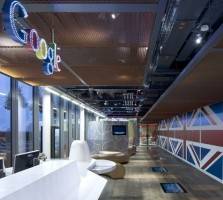December 15, 2014
Quarter of UK workers stressed by way bosses handle change management
 One in four UK employees feel disengaged, with an “excessive amount of change” cited as one of the top causes of work-related stress. According to the 2014 Towers Watson Global Workforce Study under half of employees (48%) feel that leaders are inspiring them to give their best at work and as a consequence, they are not as productive as possible. The research suggests that senior managers are not successfully managing and communicating change, with less than a third (30%) of employees saying that changes are well-implemented at their organisation. Effective leadership is also vital to a company’s ability to retain its top talent as a lack of trust in leadership was named by workers as one of the top reason to consider leaving a job. And worryingly, only half (49%) of employees actually believe the information they receive from the senior leadership team.
One in four UK employees feel disengaged, with an “excessive amount of change” cited as one of the top causes of work-related stress. According to the 2014 Towers Watson Global Workforce Study under half of employees (48%) feel that leaders are inspiring them to give their best at work and as a consequence, they are not as productive as possible. The research suggests that senior managers are not successfully managing and communicating change, with less than a third (30%) of employees saying that changes are well-implemented at their organisation. Effective leadership is also vital to a company’s ability to retain its top talent as a lack of trust in leadership was named by workers as one of the top reason to consider leaving a job. And worryingly, only half (49%) of employees actually believe the information they receive from the senior leadership team.























